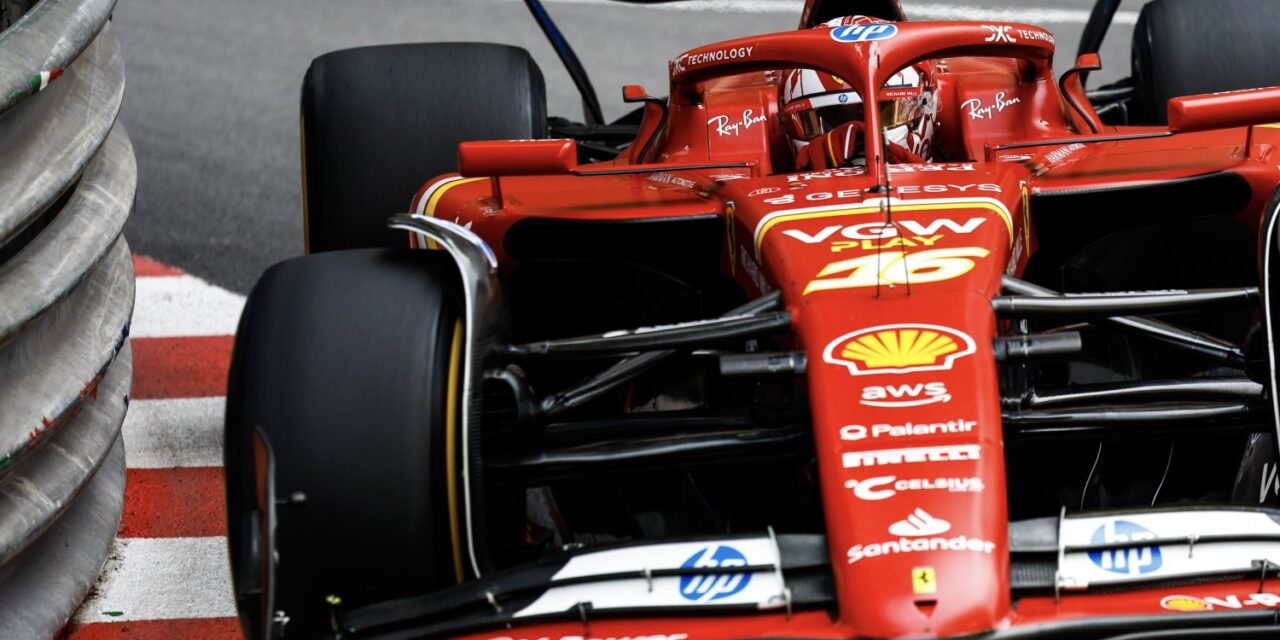Formula 1’s most iconic race could soon see a dramatic shake-up as the FIA and F1 officials weigh up a rule change aimed at injecting more excitement into the Monaco Grand Prix. The proposal would require drivers to make multiple pitstops, a move designed to add an extra layer of strategy to a race often criticised for its processional nature.
For local hero Charles Leclerc, who finally ended years of heartbreak with a home victory last season, the idea has merit—but he remains cautious about whether it will truly transform the race. While Monaco’s narrow, unforgiving streets make overtaking notoriously difficult, forcing teams into varied strategies could, in theory, open up more opportunities for position changes.
Leclerc, Ferrari’s star driver and a lifelong resident of the Principality, acknowledged that the introduction of mandatory pitstops could spice things up. He pointed to the stark contrast between Monaco’s thrilling qualifying sessions and its often predictable Sunday processions. “Monaco is super exciting on a Saturday. For us drivers, it’s incredible. It’s the best qualifying of the year,” he said. But once the race begins, the spectacle can quickly fizzle out. “Then, on the Sunday, it can get a little bit too… Yeah, there’s not much happening.”
Adding a mandatory second pitstop would force teams to rethink their usual one-stop strategies, potentially mixing up the running order. However, Leclerc warned that changes need to be carefully assessed before being set in stone. “We’ve got to be open-minded,” he said. “If it’s the direction that we are going to take, then we need to see if that actually makes a difference or not and be open to change back if that’s not the right solution.”
Formula 1 has a history of introducing rule tweaks to improve racing, with varying success. The introduction of DRS, high-degradation tyres, and sprint races have all had their critics. With Monaco’s unique circuit layout, where track position is king, even multiple pitstops may not be enough to prevent the race from becoming a high-speed procession.
Despite the ongoing debate, Monaco’s place on the F1 calendar is secure, with a contract extending until 2031. The race is also set to undergo changes of its own, with a move to an early-June slot from 2026 and, for the first time in its history, a title sponsor in 2025—Tag Heuer.
Whether mandatory pitstops will be the key to revitalising the Monaco Grand Prix remains to be seen. For now, the proposal is still in the discussion phase, with the FIA’s F1 Commission yet to decide if the rule will be implemented. But if anyone understands the emotional highs and crushing lows of racing in Monaco, it’s Charles Leclerc. If even he believes change could be beneficial, perhaps it’s an idea worth exploring.


